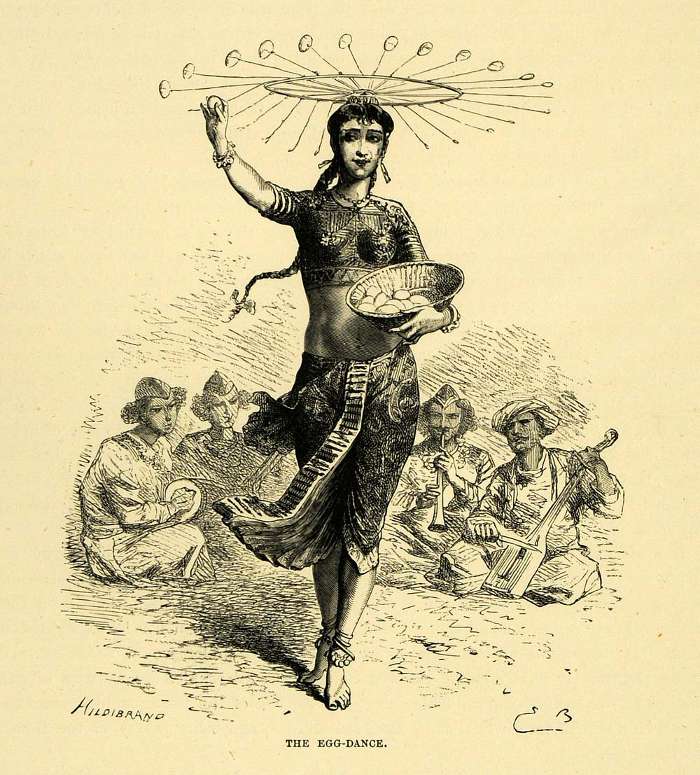FWP:
This is the second and final verse of a small verse-set that began with {91,5}, which is linked to the present verse through grammatical enjambment.
This present verse is much more typical of members of a verse-set, since unlike its predecessor it can be read quite easily as an independent unit, though of course it is richer and deeper when taken as the completion of {91,5}.
The hal min maziid is taken from the Qur'an 50:30. In Yusuf Ali's translation:
One day We will
Ask Hell, "Art thou
Filled to the full?"
It will say, "Are there
Any more (to come)?"
The verse's emphasis on musical imagery is also intriguing, since this defiant musical response is evoked by the speaker's suffering under wrath and torment. We see the same process in {10,3}, in which the lover's apparent submission to the cruel beloved is belied by the fact that the straw he takes in his teeth turns into a reed flute. He suffers, but is undaunted; against all odds, he even sings out a call for more.
Musical utterances often seem to be in Arabic, too. In {21,8},
every drop of water has in its heart the melody an al-ba;hr ,
'I am the sea'.

Nazm:
[See his comments on the whole verse-set under {91,5}.]
== Nazm page 90